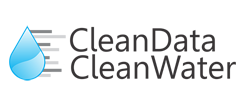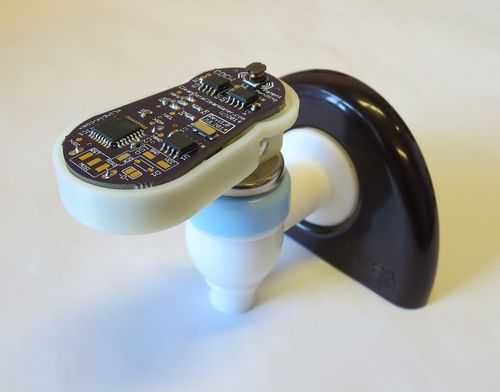 |
About the Project | Our Team | In the Media |

Without Clean Data, Clean Water is at best a lottery. Measuring the impact of a household water treatment device by surveying often shows 25% improvements in health even if people don’t regularly use the treatment device [1]. Objectively measuring the usage of a household water treatment device can eliminate this 25% bias [2] and give essential information about which treatment devices work best. Unfortunately the available products to objectively measure treatment device usage are too complex, precise, and expensive for our client and partner Pure Home Water.
Pure Home Water (PHW) is a social enterprise and legally registered non-profit organization based in Tamale, Ghana founded in 2005 by Susan Murcott, Senior Lecturer in MIT's Department of Civil and Environmental Engineering. PHW has provided clean water to 100,000 people with their AfriClay filter. But, how many of these people still use PHW’s filters? What is an average usage cycle of their water filter like? To be able to serve its next 100,000 beneficiaries, PHW desperately needs the answer to these questions.
Our innovation came from a deep understanding of our partner’s need: PHW needs detailed usage information, but does not need precise information. PHW would like to know if their filters are used for 5 days, 5 months, or 5 years; all year round or only in the hot season. This information can be gathered with a usage sensor instead of a flow meter.
Our novel usage sensor counts and records how long the household water treatment device is used each day and at what times. This means that no part of the sensor has to come in contact with the clean drinking water and that a simple switch and interrupt architecture can be used for the data logging hardware and software. Our measurement technology is applicably beyond just PHW’s filter to any household water treatment device that uses a water-cooler type spout.

PHW will be distributing 1000 filters in January 2015 in Northern Ghana and would like to instrument these with CleanData CleanWater’s technology. Pending the technology’s positive performance, there exists a large opportunity to use this product and similar ones to help other NGOs and companies to measure their effectiveness—transforming clean water delivery, not only for PHW’s next 100,000 beneficiaries, but across the developing world!
Ultimately, we hope to see major players in this space, like UNICEF, begin to use, prioritize, and eventually insist upon the use of objective measurements of the field-usage of household water treatment devices.
[1] S. Boisson, “Randomized Controlled Trial in Rural Ethiopia to Assess a Portable Water Treatment Device,” Environ. Sci. Technol., vol. 43, no. 15, pp. 5934–5939, Aug. 2009.
[2] L. Wood, M. Egger, L. L. Gluud, K. F. Schulz, P. Juni, D. G. Altman, C. Gluud, R. M. Martin, A. J. G. Wood, and J. A. C. Sterne, “Empirical evidence of bias in treatment effect estimates in controlled trials with different interventions and outcomes: meta-epidemiological study,” BMJ, vol. 336, no. 7644, pp. 601–605, Mar. 2008.
Contact:
[email protected]
(c) CleanData CleanWater